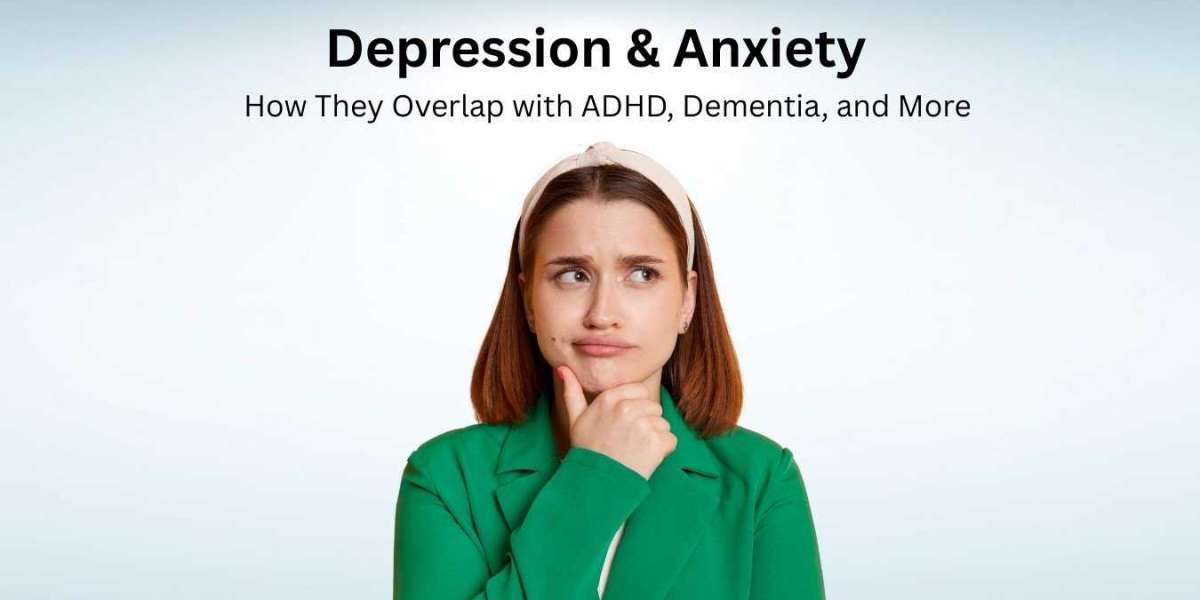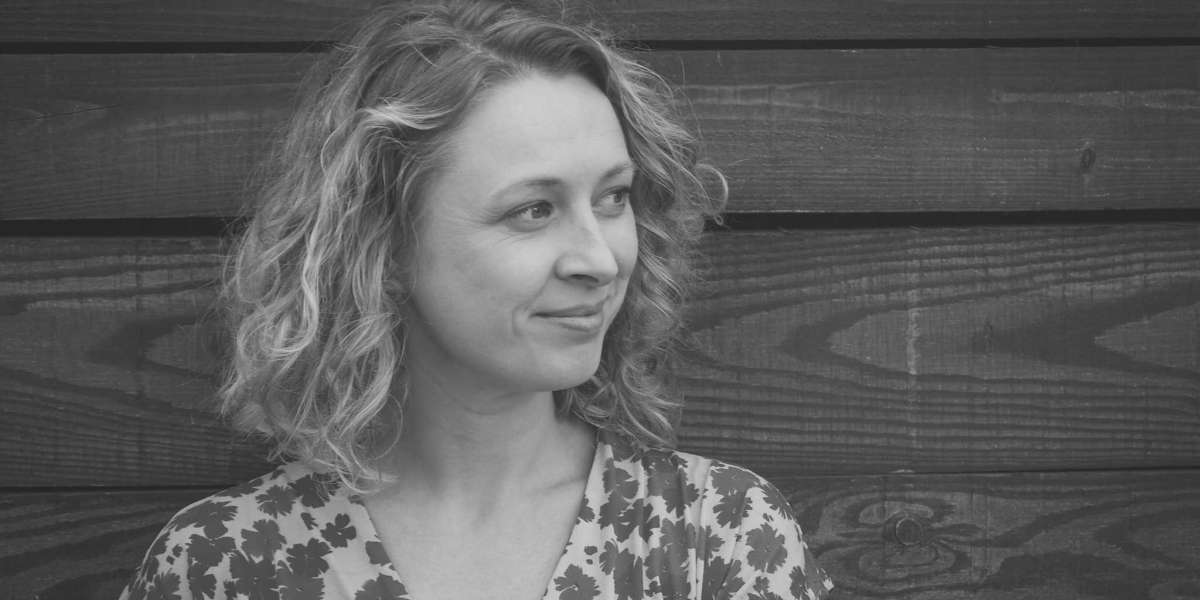Mental health is often whispered about, misunderstood, or brushed under the rug. But for millions of people, it’s not just a conversation—it’s daily life. Two of the most common and confusing mental health challenges are depression and anxiety. If you've ever wondered how they differ, overlap, or affect someone’s life, you’re not alone. Understanding "Depression vs Anxiety" can bring clarity not only to those who suffer, but also to friends, families, and anyone looking to be more compassionate and informed.
Let’s break it down in a way that’s real, relatable, and honest.
What Is Depression?
Imagine waking up with the weight of the world on your chest. Every task feels impossible. Food loses its taste, your favorite song becomes noise, and joy seems like a distant memory. This is what depression can feel like.
Depression is more than just feeling sad or down for a day. It’s a persistent feeling of emptiness, hopelessness, or lack of interest in life. People with depression often experience:
Low energy or fatigue
Trouble concentrating
Sleep disturbances (too much or too little)
Loss of appetite or overeating
Feelings of guilt or worthlessness
Thoughts of death or suicide in severe cases
This isn’t laziness or weakness. Depression is a real, medical condition—and it can affect anyone, regardless of age, background, or lifestyle.
What Is Anxiety?
Now imagine your mind is a constant whirlwind of worry. Your heart races, palms sweat, and you’re overwhelmed by a flood of “what-ifs” that won’t stop. That’s anxiety.
Anxiety is a mental health condition marked by excessive worry, fear, or nervousness—even when there’s no immediate threat. While it’s normal to feel anxious before a big event, chronic anxiety interferes with daily life. Symptoms often include:
Restlessness or feeling “on edge”
Difficulty controlling worry
Rapid heartbeat
Trouble sleeping
Irritability
Muscle tension
Anxiety can come in many forms—Generalized Anxiety Disorder (GAD), Panic Disorder, Social Anxiety, and more. Each type has its own unique features, but they all revolve around one key element: overwhelming fear or worry.
Depression vs Anxiety: What’s the Difference?
Although depression and anxiety can occur together, they are different mental health challenges.
| Aspect | Depression | Anxiety |
|---|---|---|
| Primary Emotion | Sadness, emptiness, hopelessness | Fear, worry, nervousness |
| Energy Levels | Low, drained | Often high, tense, restless |
| Outlook | Negative thoughts about past/future | Fearful thoughts about future |
| Physical Symptoms | Fatigue, appetite changes, sleep issues | Racing heart, sweating, trembling |
| Motivation | Lack of motivation | Overwhelming need to control or prepare |
The real confusion begins when someone experiences both at the same time—something that happens more often than you might think. That’s where professional help becomes crucial.
Why It Matters: The Human Side
People often suffer in silence because they can’t find the right words—or they fear being misunderstood. “Snap out of it,” “just relax,” or “it’s all in your head” are phrases that cause more harm than help. That’s why it’s so important to speak clearly, with compassion, about Depression vs Anxiety.
Mental health is just as important as physical health. Ignoring it doesn’t make it go away. In fact, untreated depression and anxiety can lead to severe problems in relationships, work, school, and even physical health.
How to Take the Next Step
Recognizing that something feels off is the first step. Seeking help is the next—and often the hardest. That’s where Evolve Psychiatry steps in.
At Evolve Psychiatry, you’re not just a diagnosis or a checklist. You’re a person with a story. Whether you're dealing with depression, anxiety, or both, their compassionate team will walk with you through it. They offer a range of services tailored to your needs—from therapy and counseling to medication management and support for long-term wellness.
It’s not about fixing you. It’s about helping you heal, grow, and evolve.
What Can You Do Right Now?
If you're reading this and thinking, “This sounds like me,” take that seriously. Here are a few small steps you can take today:
Talk to someone. A friend, a loved one, or a mental health professional.
Write it down. Sometimes, journaling your thoughts can provide surprising insight.
Reach out to Evolve Psychiatry. Get the guidance and support you deserve.
Be kind to yourself. Healing isn’t linear, and there’s no shame in struggling.
Final Thoughts: You Are Not Alone
Understanding Depression vs Anxiety isn’t about choosing sides. It’s about recognizing the unique battles that each brings—and knowing that both are valid, real, and treatable. If you or someone you love is living with these struggles, know this: help is available, and recovery is possible.
Don’t wait for things to get “bad enough.” Take action. Let Evolve Psychiatry guide you toward clarity, relief, and peace of mind. You deserve to feel whole again.








